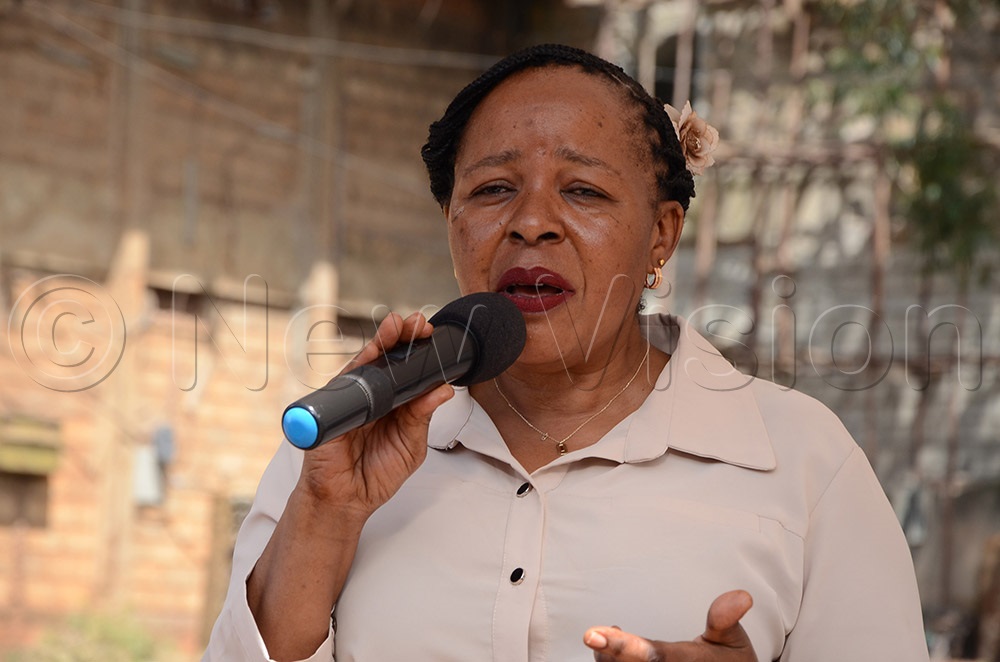By Denis Nsubuga
Children in primary schools across Kampala capital city will get hands-on experience in what they study in class, thanks to a new urban farming project.
Teachers will aid learners to set up small gardens, code-named Kitchen gardens, in their schools for purposes of learning and practicing urban agriculture.
This is contained in a partnership project between Kampala Capital City Authority (KCCA) and the City and Eurometropolis of Strasbourg in northeastern France.
At least 10 schools were selected in the three-year project—two schools in each of the five Kampala divisions of Rubaga, Kawempe, Makindye, Central and Nakawa.

Teachers and parents underwent a four-day training on vegetable gardening and greening in schools at Kyanja Agricultural Resource Center. Each school was represented by a head teacher, two teachers and a parent.
They received gardening equipment, including wheelbarrows, rakes, hoes, shires, watering cans, and pumps to look after the plants, at Nakivubo Blue Primary School on Tuesday.
KCCA director of education and social services, Juliet Namuddu said besides modern ways of looking after gardens, teachers were trained on alternative concepts of relating gardening to the study of core subjects of Mathematics, Social Studies, English and Science.
This, she said, is in line with the thematic approach to learning, in which the education ministry encourages schools to teach in an integrated manner.
“We shall train our children to garden. They will eat what they have planted and use it for education. Most importantly, at the end of the day, they will have skills they need in their daily life. It is also meant to make the children love gardening and change the perspective on farming,” he said.
Namuddu said another advantage of the project is that the children will use the skills in secondary schools as they take on the new lower secondary school curriculum, which emphasises skilling children in schools.

From blackboard to hands-on
Lupido Anthony, a teacher St. Paul Ggaba Demonstration School, said children will have a chance to participate in the growing process of the food they consume.
“We have been teaching about gardening, using terms that they cannot understand well. They have been seeing them on the blackboard. But now, whenever we shall talk about pruning or transplanting, they will have a real time experience.”
Schools have created clubs with committees having class representatives that will mobilise others to engage in the different gardening activities such as preparing the gardens, seed selection and watering.
Nagawa Justine, a teacher at Mpererwe C/O primary school, said after going through the farming process, learners will eat and sell some their harvests, enabling them to gain skills in enterprise management and savings.
Mutaasa Abdul, a parent at Kibuli Demonstration School, said the activities will improve the environment in Kampala schools , and create ripple effects “in efforts to green the city since schools have a huge population that can teach others.”
Participating schools include Nakivubo Blue Primary School, Kitante Primary School, Mpererwe C/O Primary School, Kisasi primary School, and Mutundwe C/O Primary School.

Others are KCCA Busega Community Primary School, Kibuli Demonstration Primary School, St. Paul Ggaba Primary School, Kyambogo Primary School, and St. Paul Banda Primary School.


 2024 Best Framers Awards: As it happened
2024 Best Framers Awards: As it happened


